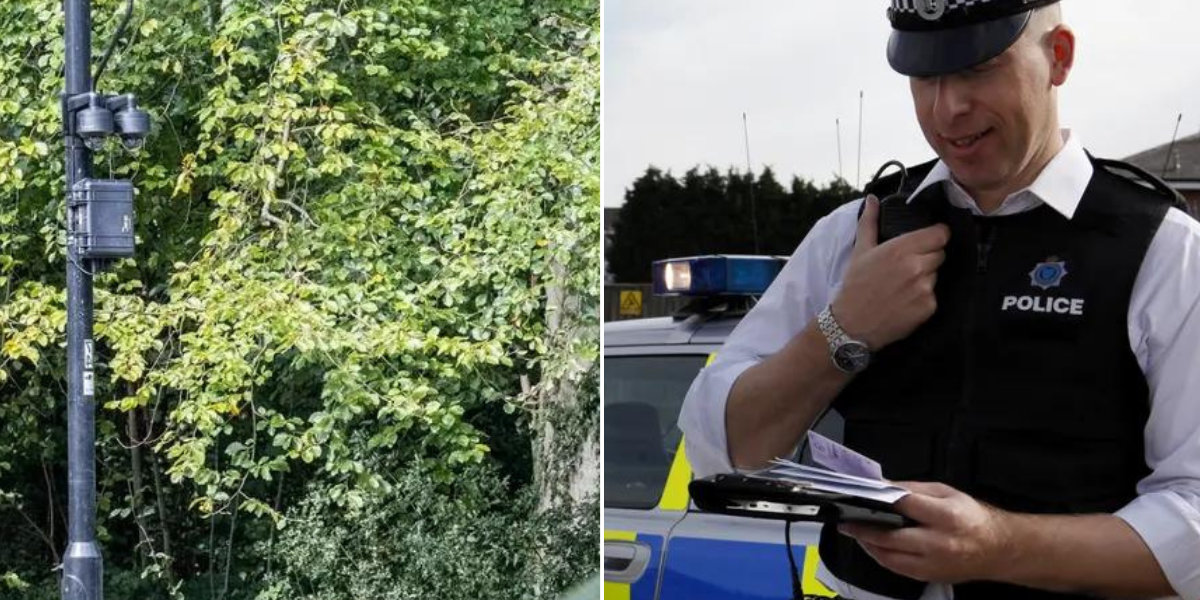Noisy vehicles on UK roads may soon face hefty fines and penalties as the new Labour Government considers implementing noise camera technology.
Following successful £300,000 roadside trials at four locations, an independent report submitted to the Department for Transport recommended progressing to live enforcement trials.
The proposed measures aim to tackle excessive noise pollution, which can cause hearing damage and increased stress levels.
Under the new system, drivers of excessively loud vehicles could face fines of around £100, penalty points on their driving licences, mandatory re-education courses, and even vehicle seizures.
Do you have a story you’d like to share? Get in touch by emailingmotoring@gbnews.uk
Current legislation means car noise cannot exceed 72 decibels
PA
Dan Jones, operations manager at TrackDays.co.uk, said: “Noisy cars on public roads can have a significant detrimental impact on other road users’ health, let alone being a nuisance in the neighbourhoods where they are driven.
“Driving a high-performance supercar provides a thrill unlike any other and hearing the roar of the engine is part of the enjoyment. Doing this on a racetrack is the safest place and can be appreciated without disturbing others.”
The initiative targets not only “noisy racers” but any vehicle exceeding the proposed noise threshold.
Current legislation sets the maximum noise limit for cars registered since 2016 at 72 decibels while those registered between 2007 and 2016 are allowed up to 74 decibels.
The proposed enforcement threshold for noise cameras is currently at 95 decibels with speed limits of 50mph or less, meaning any vehicle exceeding this noise level could face penalties.
Enforcement options include fines, penalty points, re-education courses, and vehicle seizures which could be implemented under existing regulations such as the Police Reform Act 2002.
Reuben Peckham, director at Intelligent Instruments, stated: “The findings from the DfT trials align with our own experience operating noise camera technology in eight cities across three continents.
“This technology can accurately detect vehicles exceeding legal noise limits, helping to reduce disruption for those living, working, and studying in affected areas.”
The initiative aims to address unacceptable vehicle modifications, potentially ending the era of noisy boy racers.
However, it’s important to note that the enforcement would apply to any vehicle surpassing the threshold, not just modified ones.
Local authorities could soon receive guidance on minimum requirements and best practices for using noise cameras, should the live enforcement trials proceed as recommended.
While the proposed measures aim to reduce noise pollution on public roads, car enthusiasts still have options to enjoy loud vehicles in appropriate settings.
LATEST DEVELOPMENTS:
Race circuits across the UK typically allow noise levels up to 105 decibels, significantly higher than the proposed road enforcement threshold.
The noise camera technology has already proven effective in multiple cities worldwide, according to Reuben Peckham of Intelligent Instruments.

